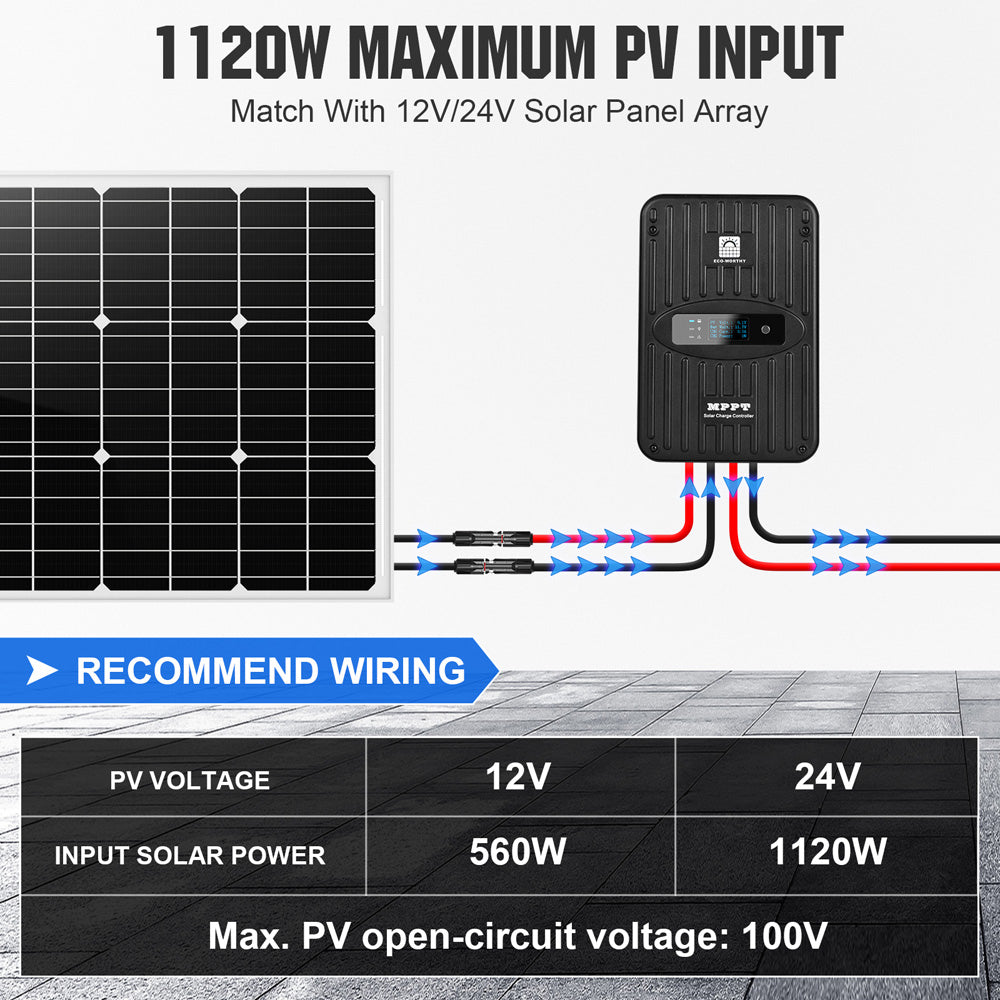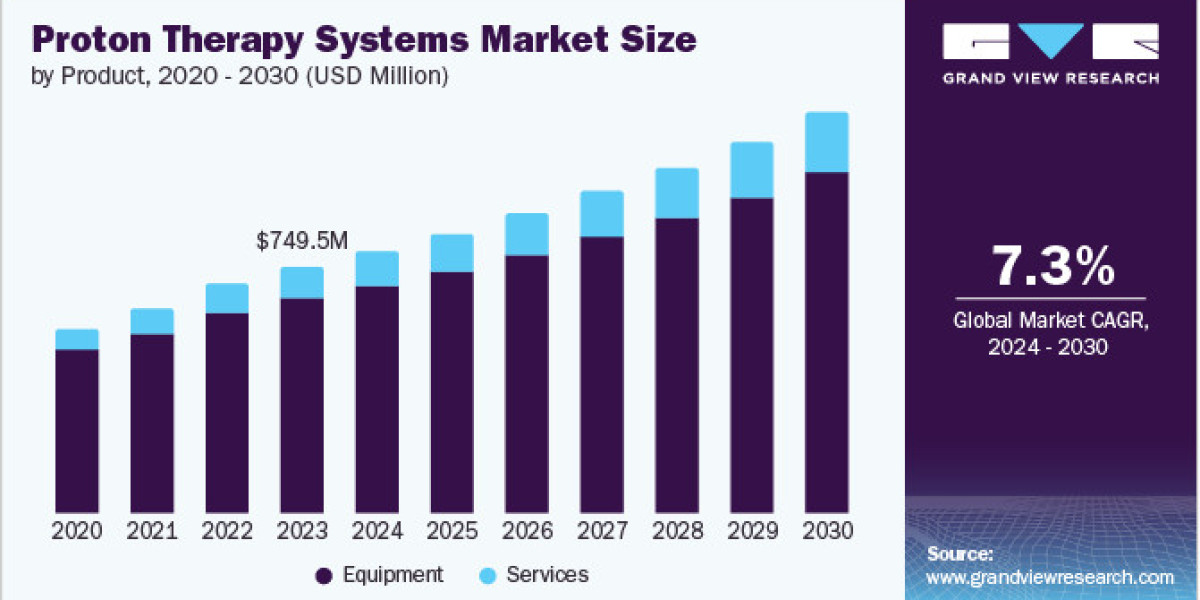In the realm of solar energy systems, the choice of a charge controller is crucial for optimising performance and ensuring longevity. Among the various options available, the PWM solar charge controller stands out for its unique advantages. This article delves into the key benefits of PWM controllers compared to their MPPT counterparts, providing a comprehensive understanding for users worldwide.

Understanding PWM Solar Charge Controllers
A PWM solar charge controller (Pulse Width Modulation) regulates the voltage and current coming from the solar panels to the batteries. By adjusting the width of the pulses in the charging current, it effectively maintains the battery at its optimal charging voltage. This method is particularly beneficial for lead-acid batteries, which are commonly used in solar applications.
Efficiency and Cost-Effectiveness
One of the primary advantages of using a PWM solar charge controller is its efficiency in specific scenarios. While MPPT (Maximum Power Point Tracking) controllers are known for their ability to maximise energy harvest from solar panels, PWM controllers are often more cost-effective. They are simpler in design, which translates to lower manufacturing costs and, consequently, lower prices for consumers.
- Lower initial investment compared to MPPT controllers.
- Reduced complexity leads to fewer potential points of failure.
- Ideal for smaller solar systems where budget constraints are a concern.
Battery Compatibility and Lifespan
Another significant benefit of the PWM solar charge controller is its compatibility with various battery types. These controllers are particularly well-suited for lead-acid batteries, which are widely used in off-grid solar systems. By providing a steady and controlled charge, PWM controllers help prolong battery life, reducing the frequency of replacements.
Have you considered how battery lifespan impacts your overall solar investment? A PWM controller can enhance the longevity of your batteries, ultimately saving you money in the long run.
Simple Installation and Maintenance
For those new to solar energy systems, the PWM solar charge controller offers an advantage in terms of installation and maintenance. The straightforward design allows for easy setup, making it accessible for DIY enthusiasts. Additionally, with fewer components than MPPT systems, maintenance is generally less demanding.
- Easy to install, requiring minimal technical knowledge.
- Lower maintenance needs due to fewer components.
- Reliable performance in stable weather conditions.
Conclusion
In conclusion, while MPPT controllers may offer higher efficiency in certain conditions, the PWM solar charge controller presents a range of advantages that make it an excellent choice for many users. Its cost-effectiveness, compatibility with lead-acid batteries, and ease of installation are compelling reasons to consider this technology for your solar energy needs. For those interested in exploring various charge controllers, visit for more information.








